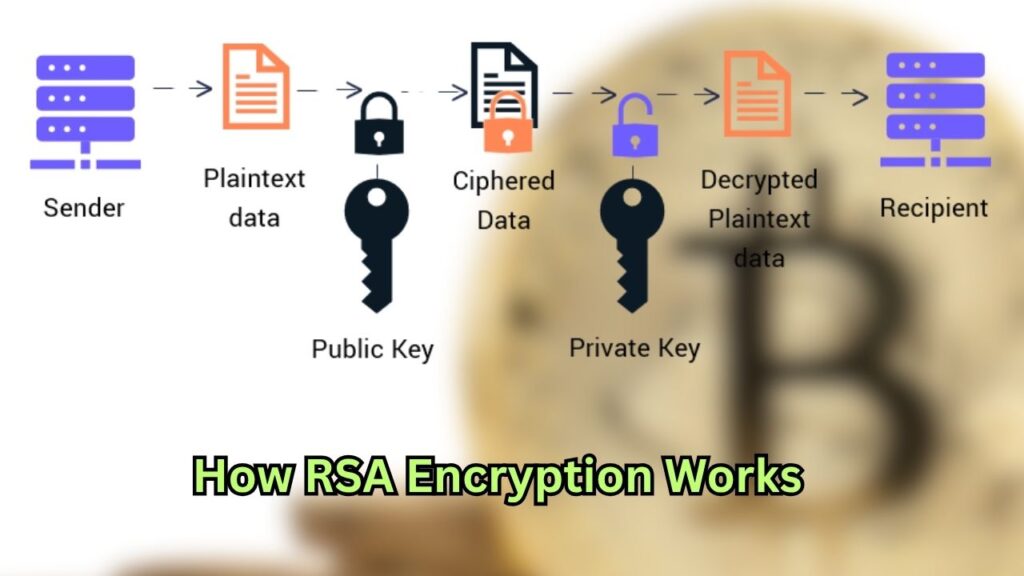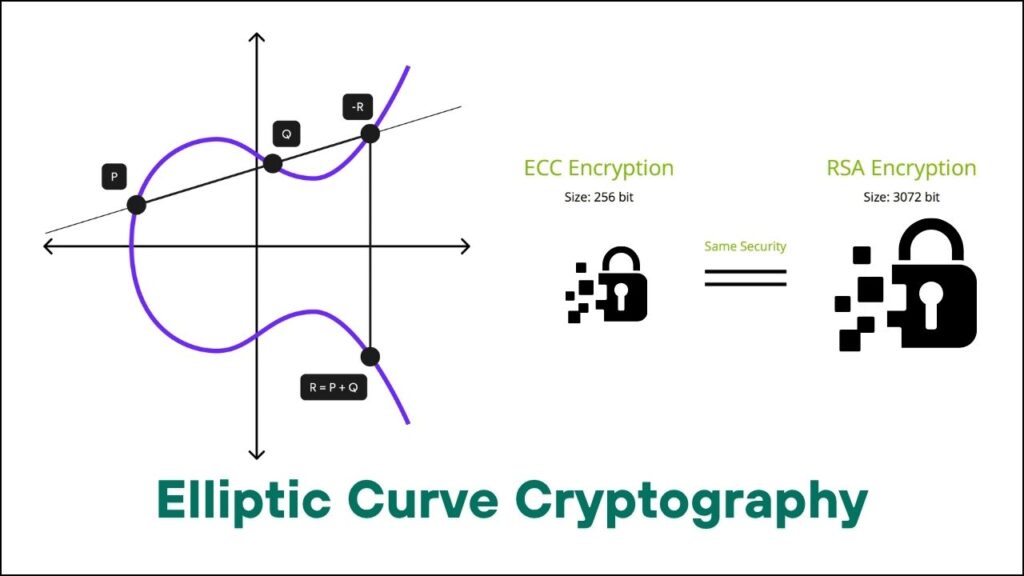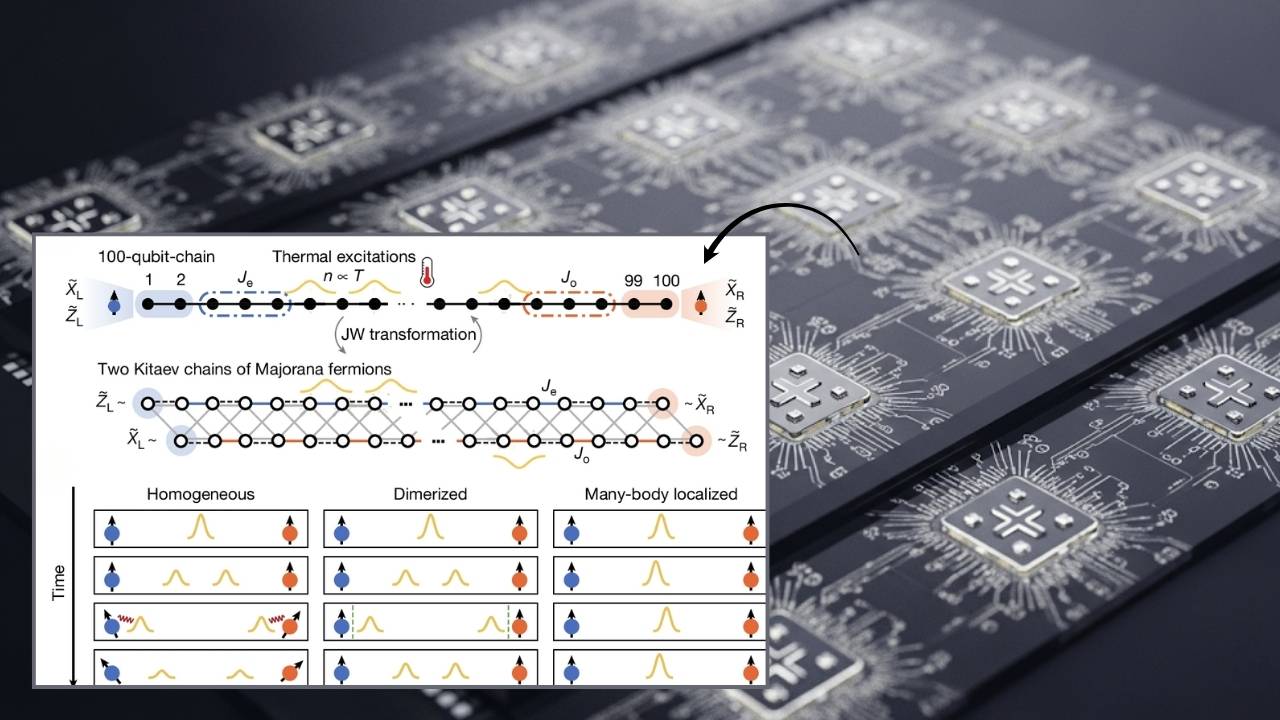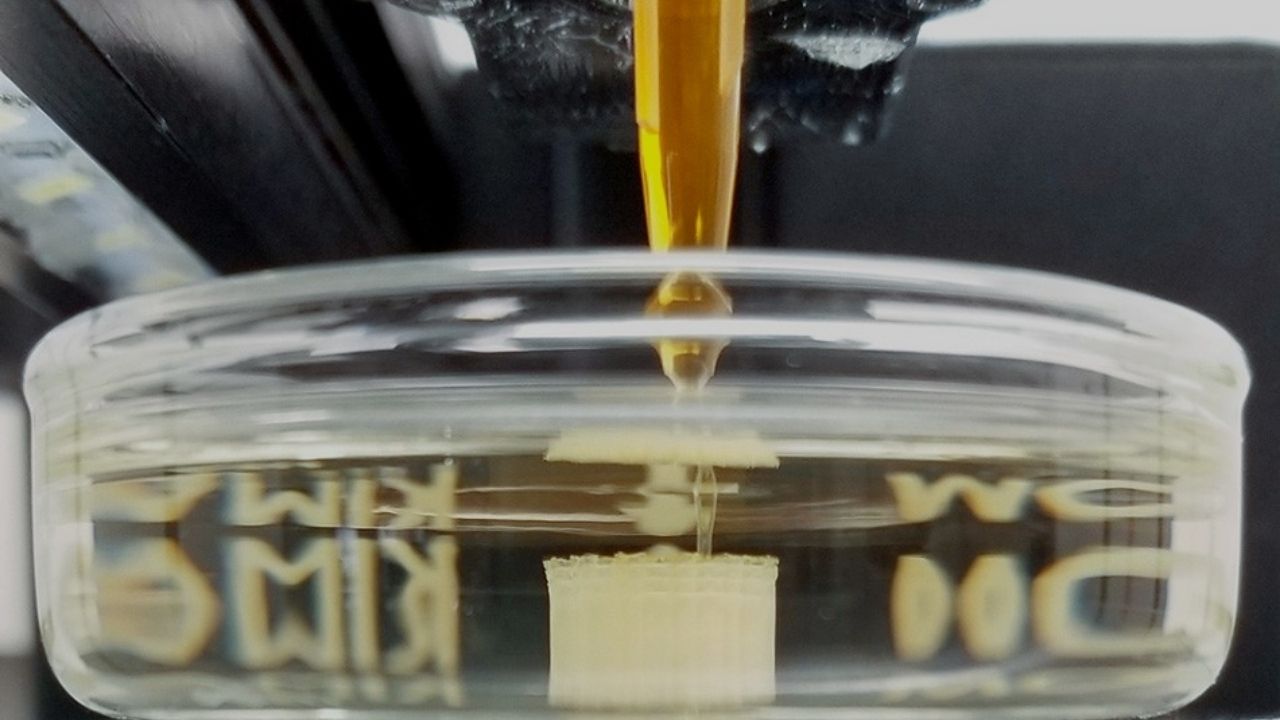Quantum Computing Could Crack Bitcoin Encryption Sooner Than Expected: In a groundbreaking revelation, Google Research has warned that quantum computing could crack Bitcoin encryption much sooner than previously expected. This news has sent ripples across the cryptocurrency and cybersecurity communities, raising urgent questions about the future of digital asset security.

Quantum computers, once seen as a distant threat, are now rapidly advancing. Google’s latest research shows that the resources needed to break widely used encryption methods—like those protecting Bitcoin wallets—are far less than anyone thought just a few years ago. This article breaks down what this means for Bitcoin, how quantum computers work, and what you can do to stay safe in a changing digital world.
Quantum Computing Could Crack Bitcoin Encryption Sooner Than Expected
| Key Point | Details |
|---|---|
| Quantum Threat | Google research shows quantum computers could crack Bitcoin’s cryptography 20x easier than previously estimated. |
| Timeline | Breaking RSA-2048 encryption now estimated to require less than 1 million qubits for under a week—down from 20 million qubits. |
| Bitcoin’s Risk | Bitcoin uses elliptic curve cryptography (ECC), also vulnerable to quantum attacks. |
| Industry Impact | Over 500 million global Bitcoin holders and trillions in value potentially at risk. |
| What’s Next? | Urgent push for quantum-safe encryption and industry-wide upgrades. |
| Official Resource | Google Quantum AI |
Google Research’s warning about quantum computing cracking Bitcoin encryption sooner than expected is a wake-up call for everyone in the digital world. While there’s no immediate danger, the rapid progress in quantum technology means that both individuals and professionals must stay vigilant, informed, and prepared to adapt.
By understanding the risks, supporting quantum-safe upgrades, and following best practices, you can help secure your digital assets for the future.
What Did Google Discover About Quantum Computing and Bitcoin?
The Big Breakthrough
Google’s quantum AI researcher, Craig Gidney, published a study in May 2025 that slashed the estimated quantum resources needed to break RSA encryption—one of the world’s most common digital security systems. Previously, experts believed it would take about 20 million qubits (the basic units of quantum computers) to crack a 2048-bit RSA key. Now, thanks to new algorithms and smarter error correction, that number has dropped to less than 1 million qubits.

To put it simply: Quantum computers are getting much better, much faster, and could become a real threat to Bitcoin’s security in the near future.
Why Does This Matter for Bitcoin?
While Bitcoin doesn’t use RSA, it relies on a similar technology called elliptic curve cryptography (ECC). ECC is currently considered very secure, but Google’s research shows that the same quantum breakthroughs threatening RSA could also make it much easier to break ECC.

If a quantum computer can break ECC, it could potentially:
- Steal funds from Bitcoin wallets.
- Rewrite parts of the Bitcoin blockchain.
- Undermine the trust and value of Bitcoin and other cryptocurrencies.
How Does Quantum Computing Work? (For Everyone!)
Quantum computers are different from regular computers. Instead of using bits (which are either 0 or 1), quantum computers use qubits, which can be both 0 and 1 at the same time. This allows them to solve certain problems much faster than even the best supercomputers.
Think of it like this: If a regular computer is a super-fast car following a single road, a quantum computer is like a spaceship that can take every possible road at once!
This special power means quantum computers could break the math that keeps Bitcoin and other digital systems safe.
Why Is This News So Important Now?
For years, experts believed quantum computers wouldn’t be powerful enough to threaten Bitcoin for decades. It felt like a problem for the next generation. But Google’s new research has changed the timeline dramatically.
With the latest breakthroughs, the day when quantum computers can break Bitcoin’s encryption could be just a decade—or even a few years—away. That’s why the crypto industry is now racing to develop “quantum-safe” encryption before it’s too late.
What Are the Practical Risks for Bitcoin Holders?
1. Wallet Theft
If a quantum computer can break ECC, it could potentially steal coins from wallets whose public keys are exposed. This could affect users who have reused addresses or made their public keys visible on the blockchain.
2. Blockchain Integrity
A powerful quantum computer could, in theory, rewrite transaction history or double-spend coins, undermining trust in the entire system.
3. Loss of Value
If the market believes Bitcoin is no longer secure, its value could plummet, affecting millions of investors and the broader financial system.
What Is the Crypto Industry Doing About It?
Moving to Quantum-Safe Encryption
The good news is that the crypto community is already working on solutions. Organizations are developing new cryptographic algorithms designed to withstand quantum attacks. These are called post-quantum cryptography.
Bitcoin’s open-source nature means that its code can be updated by a global community of developers. If a quantum threat becomes imminent, the network could transition to quantum-resistant algorithms through a software update, called a “hard fork”.
Industry Collaboration
Major companies, researchers, and governments are now collaborating to:
- Develop and test quantum-safe cryptography.
- Educate users and businesses about the risks.
- Plan for smooth transitions to new security standards.
What Should Bitcoin Users and Professionals Do Now?
1. Stay Informed
Follow updates from trusted sources and official research groups working on quantum computing and cryptography.
2. Avoid Reusing Addresses
Don’t reuse Bitcoin addresses. Once you’ve spent from an address, its public key is exposed, making it more vulnerable to future quantum attacks.
3. Watch for Network Upgrades
Be ready to upgrade your wallet software when quantum-safe updates are released. If you hold large amounts of Bitcoin, consider using multi-signature wallets, which add extra layers of security.
4. Diversify Security
Consider storing your assets in different forms and using hardware wallets that can be updated for new cryptographic standards.
5. Professional Preparation
If you’re a developer or security professional, start learning about post-quantum cryptography and how to implement it in your systems.
Real-World Example: How a Quantum Attack Could Happen
Let’s imagine a future where a quantum computer is powerful enough to break ECC:
- A hacker gets access to a quantum computer.
- They target a Bitcoin wallet with a known public key.
- Using Shor’s algorithm, they break the private key in days or even hours.
- They transfer the funds to their own wallet—without the original owner’s consent.
- If many wallets are attacked at once, trust in Bitcoin could collapse.
This is why the urgency to move to quantum-safe systems is so high.
Quantum Sensors Now Deliver Unmatched Precision For Medical And Aerospace Breakthroughs
Microsoft Declares the Beginning of the Logical Qubit Era in Quantum Computing
Ultralight 3D-Printed Antennas Cut Weight By 94 Percent With Breakthrough Multi-Material Design
FAQs About Quantum Computing Could Crack Bitcoin Encryption Sooner Than Expected
Q1: Is Bitcoin already at risk from quantum computers?
No. As of now, no quantum computer exists that can break Bitcoin’s encryption. But the timeline for this risk has shortened dramatically, so preparation is critical.
Q2: What is post-quantum cryptography?
It’s a new type of encryption designed to be secure even against quantum computers. Standardization of these new algorithms is underway.
Q3: Can Bitcoin be upgraded to resist quantum attacks?
Yes. Bitcoin’s open-source code and global developer community mean it can be upgraded. However, such changes require careful planning and broad consensus.
Q4: Should I sell my Bitcoin now?
There’s no need to panic. The crypto industry is actively working on solutions. Stay informed and be ready to upgrade your security as new tools become available.
Q5: Are other cryptocurrencies at risk too?
Yes. Most cryptocurrencies use similar cryptographic techniques and would face similar risks from quantum computers.






